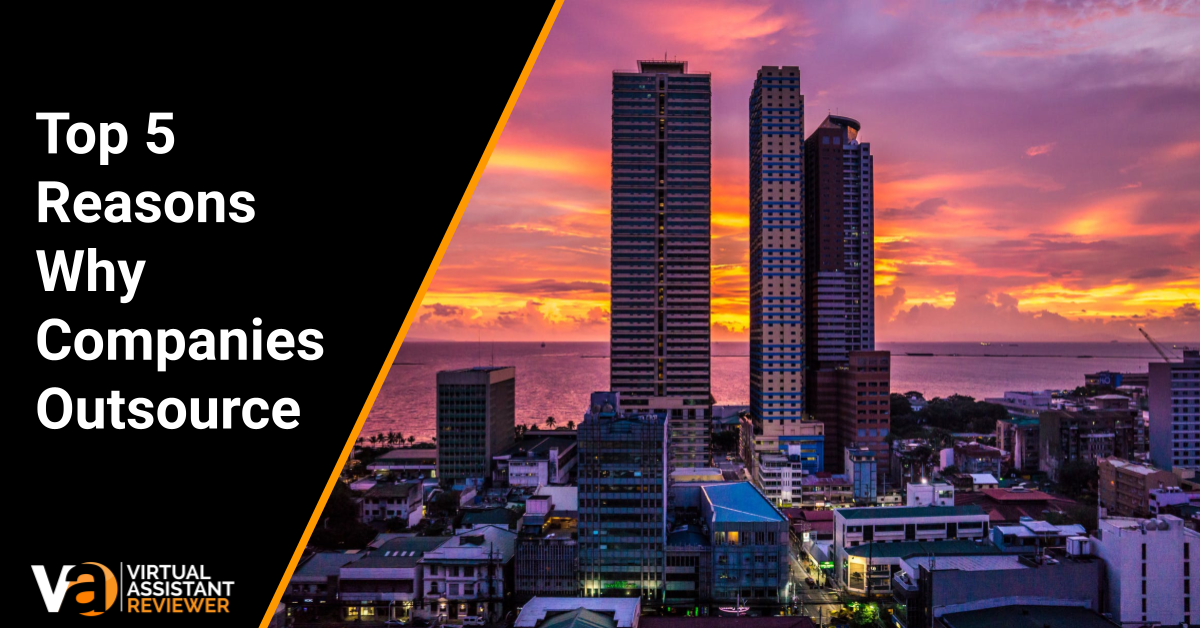
The Official Gazette of the Philippines publishes an official list of Philippine holidays for the following year before the current fiscal year ends.
The dates of most regular Philippine holidays are fixed, whereas others are determined by religious observance. This article contains a holiday calendar for the year 2022.
As per Republic Act 9492, please keep in mind that these dates are subject to change based on the President’s declaration.
Every year, Filipino employees and employers alike eagerly await the announcement of the official Philippine holidays for the following year. Employees will begin to plan their vacations once the dates are set, and employers will start to schedule shift rosters (where applicable).
Pay attention to the long weekends that result from the holidays – staff will try to maximize these whenever possible. Also, keep in mind that other localized holidays (e.g., Manila Day, Quezon City Day) may appear on the calendar and some impromptu holidays when the President deems it appropriate.
Table of Contents
The Complete List of Philippine Holidays in 2022
The regular holidays are:
- January 1, 2022, Saturday – New Year’s Day
- April 9, 2022, Saturday – Araw ng Kagitingan
- April 14, 2022, Thursday – Maundy Thursday
- April 15, 2022, Friday – Good Friday
- May 1, 2022, Sunday – Labor Day
- June 12, 2022, Sunday – Independence Day
- August 29, 2022, last Monday of August – National Heroes’ Day
- November 30, 2022, Wednesday – Bonifacio Day
- December 25, 2022, Sunday – Christmas Day
- December 30, 2022, Friday – Rizal Day
Special non-working days:
- February 1, 2022, Tuesday – Chinese New Year
- February 25, 2022, Friday – EDSA People Power Revolution Anniversary
- April 16, 2022 – Black Saturday
- August 21, 2022, Sunday – Ninoy Aquino Day
- November 1, 2022, Tuesday – All Saints’ Day
- December 8, 2022, Thursday – Feast of the Immaculate Conception of Mary
Special working days:
- November 2, 2022, Wednesday – All Souls’ Day
- December 24, 2022, Saturday – Christmas Eve
- December 31, 2022, Saturday – last day of the year
After these Islamic holidays are decided following the Islamic calendar or the lunar calendar, the President will make separate proclamations establishing national holidays for Eid’l Fitr, the completion of the month-long Ramadan, and Eid’l Adha, the Feast of the Sacrifice. In 2021, the National Commission on Muslim Filipinos will notify the President’s Office of the dates these holidays will be observed.
Local holidays: Manila Day, Quezon City Day
Holidays may be declared by local cities and municipalities based on their founding dates. For example, Manila Day (Araw ng Maynila) might be announced on June 24, Quezon City Day on August 19, and so on.
As stated in RA 9492, the President must declare these holidays and are treated as a unique non-working holiday for schools, government offices, and some corporate firms in a specified city or municipality. Most businesses, including BPOs, are unaffected by the holiday.
Long Weekends in the Philippines 2022
Many holidays, unlike last year, have been shifted to Thursday or Saturday. Fortunately, two of these have been rescheduled until Monday. Employees may still be able to enjoy several long weekends with their friends and loved ones due to this.
This year, two of the most important holidays in the country (Holy Week and the last week of December, which includes Rizal Day and New Year’s Eve) are the longest, lasting more than a week. Employees may use their leave credits for rest and recreation on Thursday holidays.
Holy Week 2022
April 14 to 17 – Maundy Thursday & Good Friday (Thu-Fri + Weekend)
New Year weekend
Dec 30 to Jan 1 – Rizal Day & New Year (Fri + Weekend)
Three-day weekends 2022
February 25 to 27 – People Power Anniversary (Friday + Weekend)
August 27 to 29 – National Heroes Day (Weekend + Monday)
READ MORE: Complete Guide on Outsourcing to the Philippines
Holiday Pay, Bonuses, and Other Benefits
Employees may be compelled to work on holidays depending on the nature of the firm or the office’s operation. Malls, BPOs, media outlets, and various public service offices such as police stations, hospitals, and disaster risk management offices are examples of this.
Employees may be paid for their services rendered during these holidays in addition to their regular salary, particularly in the BPO industry, where employees frequently adhere to their clients’ time zones, which are primarily in the United States, the United Kingdom, and Australia. They provide these bonuses and incentives to thank their employees who work on PH holidays.
Regular Working Holidays: Compensation and Pay Rules
Employees are paid 200% of their daily wage and cost of living allowance on regular holidays. If an employee chooses not to work on these days, they will be paid 100% of their regular daily wage for that day.
Non-working Holidays: Compensation and Pay Rules
Employees are paid at least 130% of their daily pay and cost of living allowance during non-working holidays. The cost of local holidays is the same as non-working holidays.
Unless a company policy, practice, or collective bargaining agreement (CBA) giving payment within certain days exists, a ‘no work, no pay policy will be implemented if the employee decides not to work on these days.
Overtime during Holidays
Suppose an employee’s work on a holiday exceeds eight hours. In that case, an additional 30% of their hourly rate will be added to their holiday compensation, whether the holiday is a regular (200%) or special non-working (130%) holiday. Because their schedules align with their clients’ time zones, this is frequently the case for most outsourcing staff.
Night Differential during Holidays
Employees are also entitled to a night differential of not less than 10% of their hourly rate for working from 10:00 p.m. to 6:00 a.m., in addition to their holiday pay, whether it’s a regular (200%) or special non-working (130%) holiday.
Offset Credits for Philippine Holidays
Employees in some offices may receive additional offset credit for completing work during the holidays. They can exchange regular working days for other rest days if they file for offset.
It works in the same way as a regular leave credit. The only distinction is that, unlike vacation or sick leave, offset credits are not convertible to cash and must be used by the employee within a specific time frame. Otherwise, it will expire, unlike vacation or sick leave, which has no expiration date and is converted to cash after a year (sick leave).
It is the same case in the BPO industry. Since the clients’ time zones differ from the Philippines’, offices remain open even on non-working holidays (Christmas Eve, New Year’s Eve, and so on) to serve their clients. Employees who work on these days are given the option of selecting their preferred date/s for offset to make up for their vacation.
13th-month Pay and Christmas Bonuses
As previously said, Christmas is one of the country’s most important holidays. It’s a time for celebrations, gift-giving, and Filipinos to spend most holidays with their families. It’s also when they get the year’s most anticipated bonuses: the 13th Month and the Christmas Bonus.
Depending on an employee’s length of service, 13th-month pay is usually equal to a month’s wage or a prorated amount of that month’s salary.
According to the Labor Code of the Philippines, the 13th-month salary must be paid on or before December 24 of the current year. Failure to pay qualifying employees’ 13th-month pay may result in administrative charges against the Department of Labor and Employment corporation.
Christmas bonuses, on the other hand, are voluntary. Employees are typically given performance-based bonuses as a thank you for their hard work. Most organizations look forward to strengthening their relationship with the company next year.
READ MORE: How Much Does It Cost to Hire a Social Media Virtual Assistant in the Philippines?
Takeaway
These are the holidays that are commonly recognized in the Philippines and the holidays that will be commemorated in 2022. This article can guide foreign and local enterprises, employees, and freelancers to arrange their schedules and do business in the Philippines. The list is subject to change, depending on each municipality’s local government and subsequent disclosures.















One thought on “LIST: Philippine Holidays 2022 & Payroll Computation Guide”
Hi there to every one, it’s truly a good for me to go too see this website, it includes valuable Information.
Here is my webpage … https://61c5af7d884d8.site123.me/